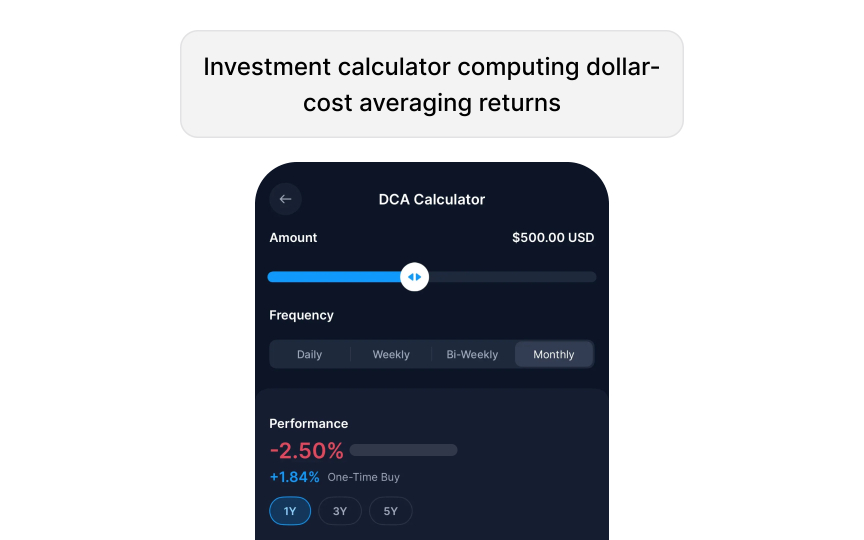When AI adds unique value
AI provides unique value when traditional programming cannot effectively solve user problems. These situations share common characteristics:
- Solutions require learning from examples rather than following explicit rules
- Patterns change over time requiring adaptation
- Individual users need different experiences
- Problems involve processing unstructured data
Good examples include music apps suggesting songs based on your listening habits. The app learns what you like without being told exactly what to recommend. Fraud detection systems must spot new scams as they appear. Voice assistants understand many ways to say the same thing. AI works best with fuzzy problems that have multiple right answers. It struggles when users need transparency and predictability. Financial calculations must show exact formulas so users can verify results. Investment returns need clear math that users can check themselves. When trust depends on seeing exactly how an answer was calculated, simpler solutions work better than AI.
Ask yourself: Does this problem need adaptive learning, or do users need transparent, predictable results?


